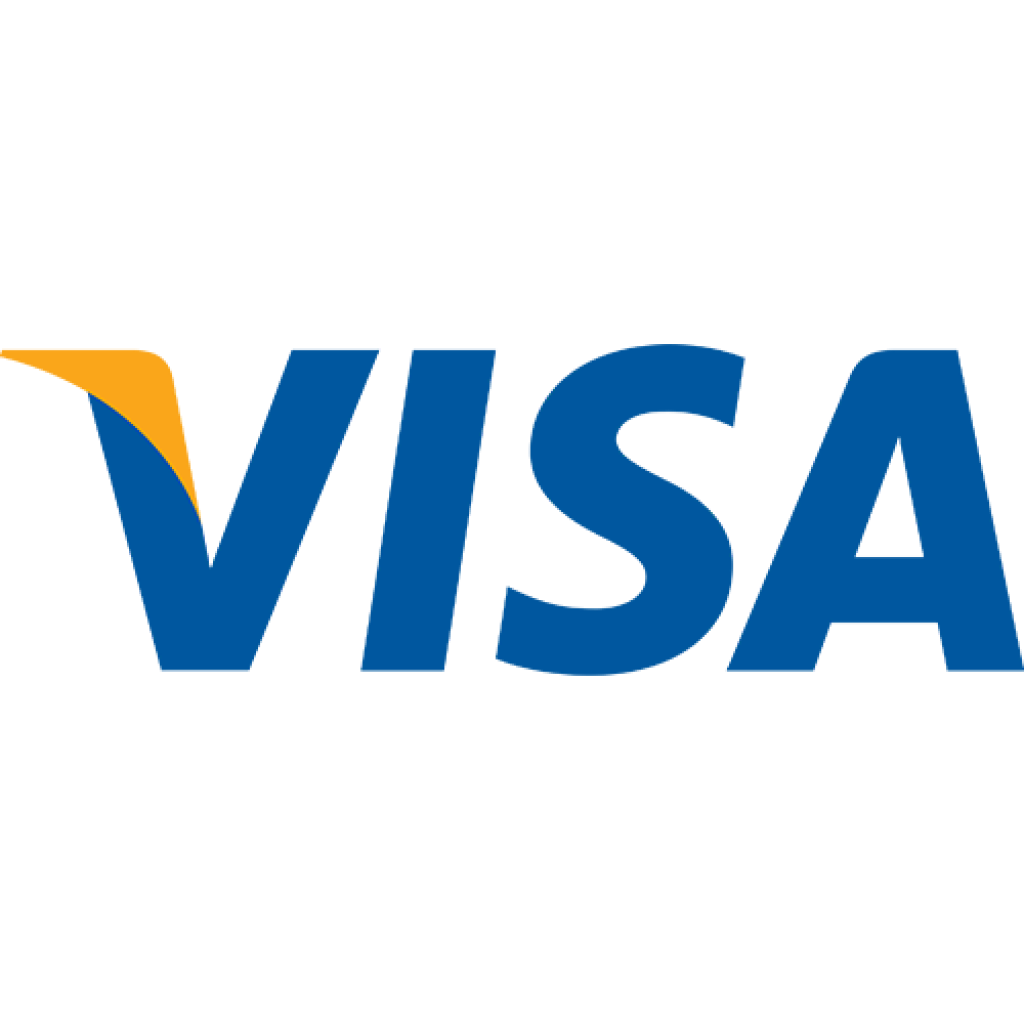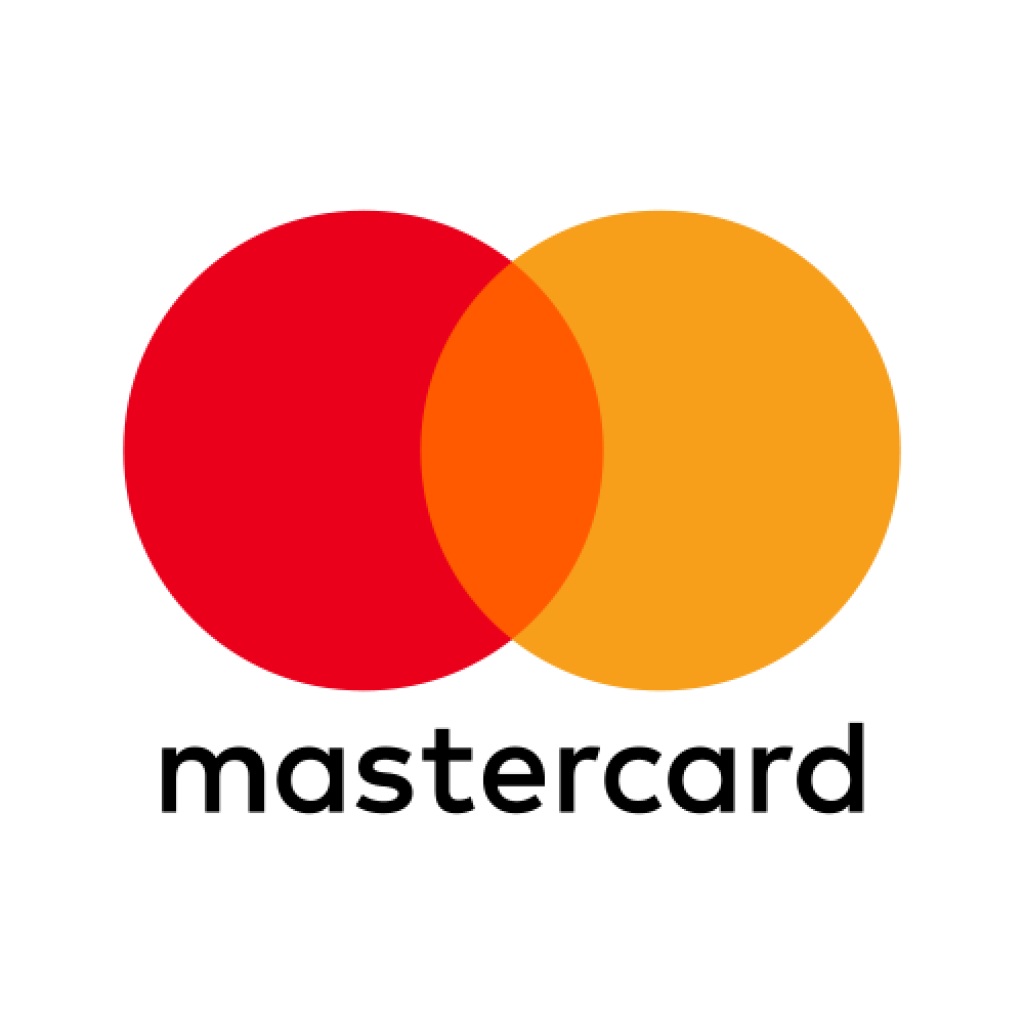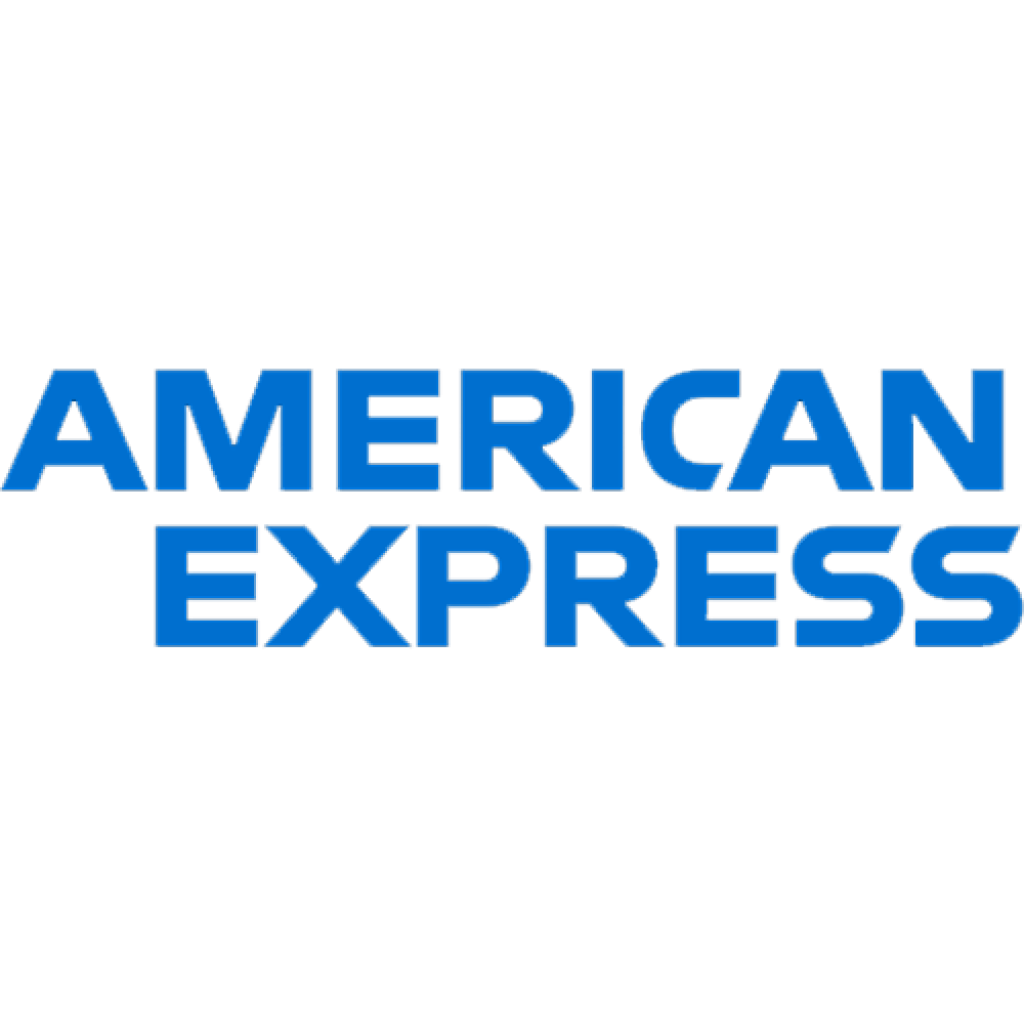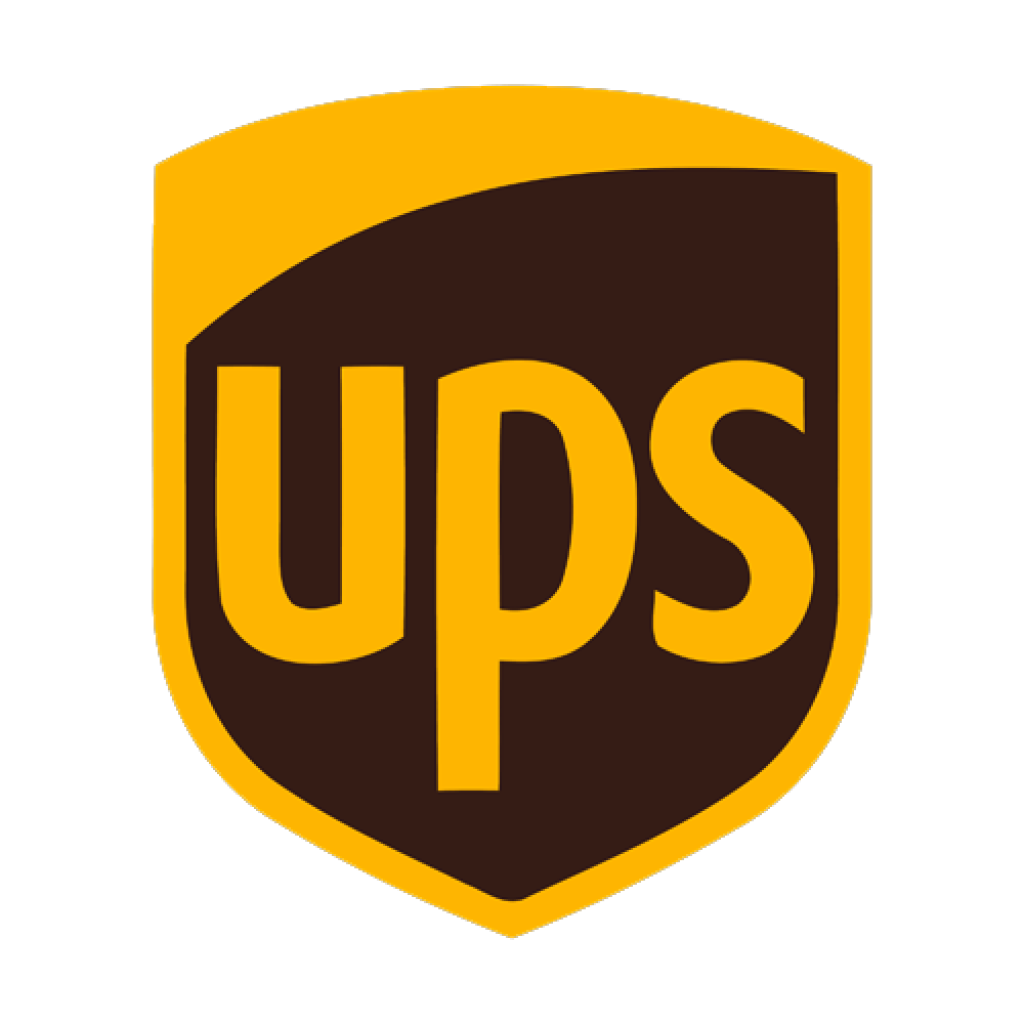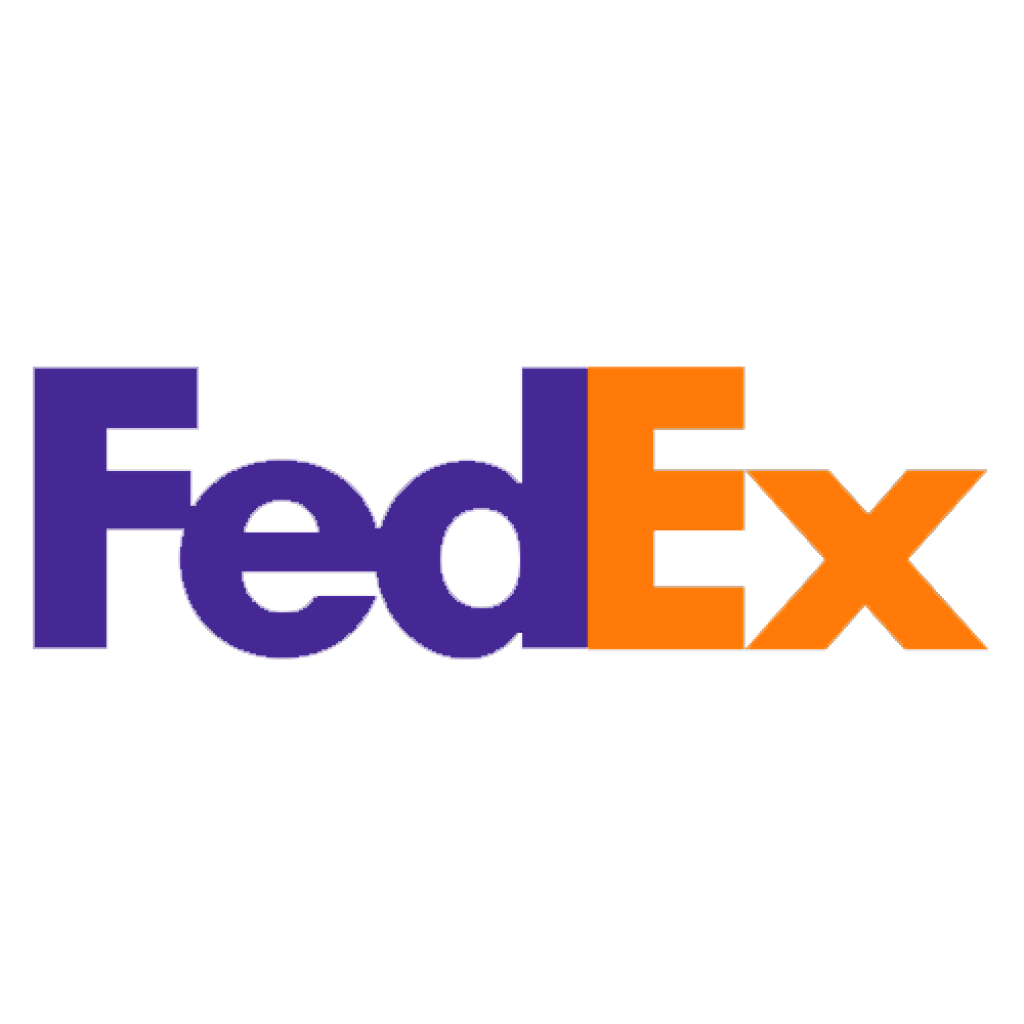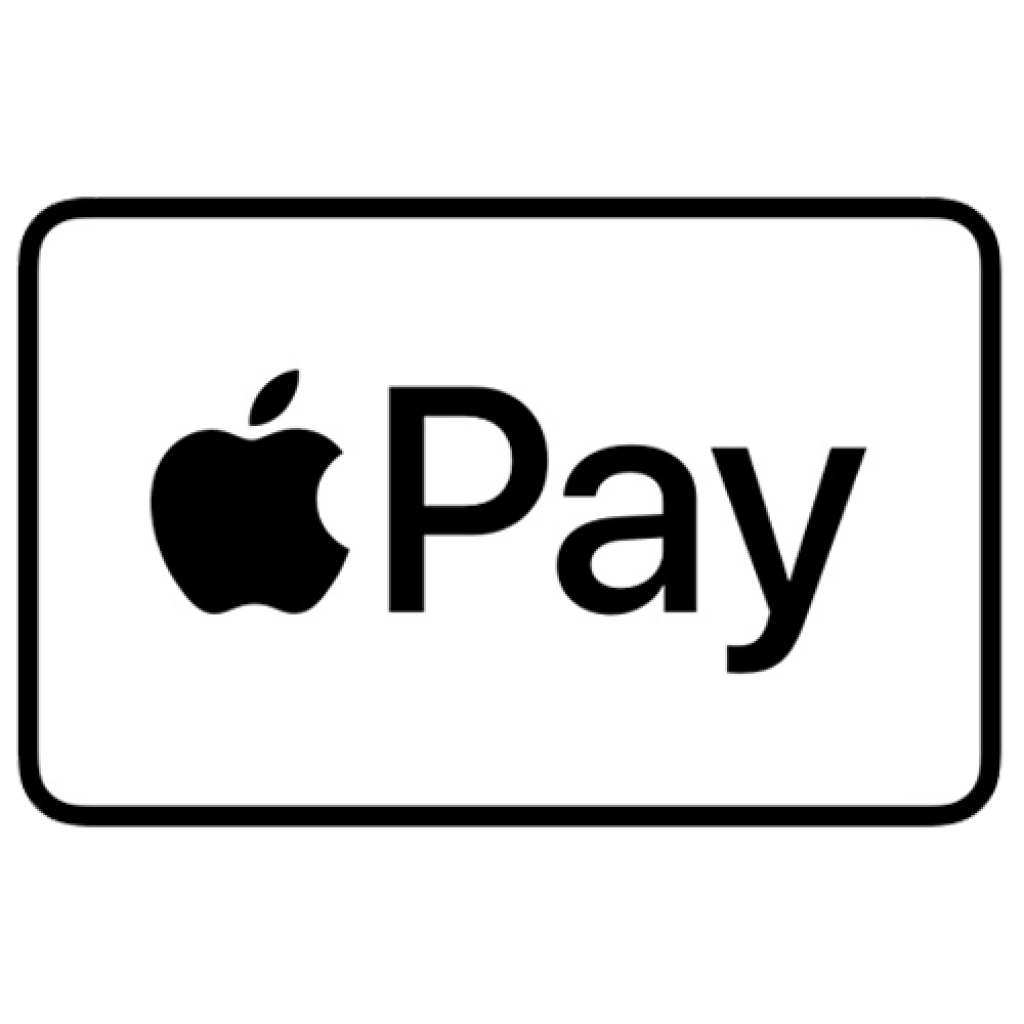
How to Set Realistic Fitness Goals: A Step-by-Step Guide for Success
Setting realistic fitness goals is key to achieving long-term health and wellness. Many people start their fitness journey with grand ambitions—dreams of six-pack abs or
Free Shipping Over $100 & Free Returns
+353 894 433 997
Home » Best Foods to Eat Before and After a Workout: Fuel Your Fitness Journey
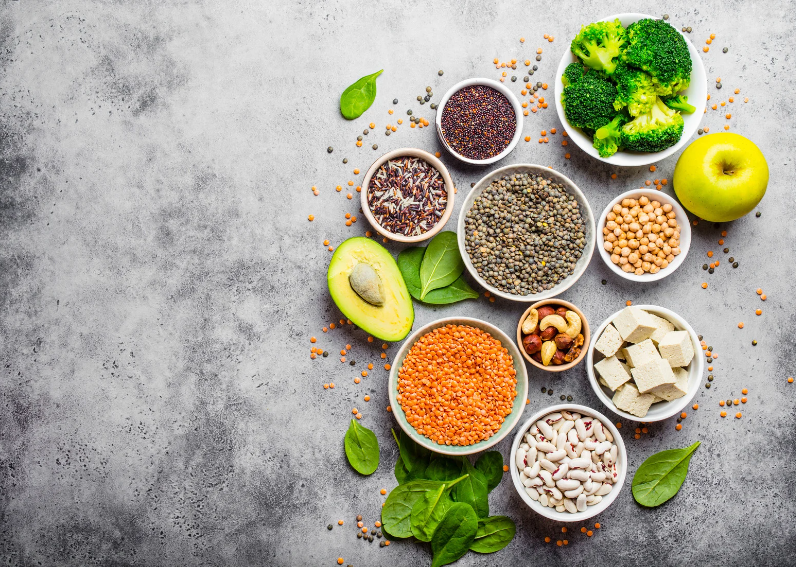
Proper nutrition is an essential component of any successful fitness routine. Whether you’re aiming for fat loss, muscle gain, or improved endurance, what you eat before and after a workout can greatly impact your performance and recovery. In this guide, we’ll explore the best foods to eat before and after a workout, how they benefit your body, and how to optimise your meals for your fitness goals.
Nutrition and fitness go hand in hand. Your body needs the right fuel to perform at its best during workouts and to recover efficiently afterwards. Without proper nutrition, your workout efforts might not yield the desired results. The foods you eat before and after a workout play a crucial role in:

Eating the right foods before a workout ensures that you have enough energy to push through intense exercise sessions. Pre-workout meals can also help prevent muscle breakdown and improve overall performance.
A good pre-workout meal should include:
Here are some of the best foods to consume before a workout:
When you eat is as important as what you eat. Ideally, your pre-workout meal should be consumed 30 minutes to 3 hours before your workout, depending on the size and content of the meal. Larger meals should be eaten earlier (about 2-3 hours prior), while smaller snacks or smoothies can be consumed 30-60 minutes before exercise.

After working out, your body enters recovery mode. During this phase, it’s essential to replenish glycogen stores and repair muscle tissue, both of which require the right nutrients. Post-workout meals are vital for:
Here are some of the best foods to consume after a workout:
To optimize recovery, aim to eat within 30-60 minutes after your workout. This is often referred to as the “anabolic window” when your muscles are most receptive to nutrients. If you’re unable to eat a full meal immediately after your workout, a quick snack like a protein shake can still provide valuable recovery benefits.

While pre- and post-workout meals can benefit all athletes, they should be tailored to specific fitness goals such as weight loss, muscle gain, or endurance training.
When focusing on fat loss, aim for meals that are lower in calories but high in nutrients. Prioritize lean protein sources, healthy fats, and complex carbohydrates. Avoid consuming excess calories, especially from processed foods, as this can counteract your weight loss efforts.
Before workout: A small snack with a balance of protein and carbs, like a slice of whole-grain toast with a boiled egg, can provide energy without adding unnecessary calories.
After workout: Opt for a protein-rich meal with vegetables, such as grilled chicken with a side of steamed broccoli.
To gain muscle, you’ll need to consume more calories and prioritize protein intake. Carbs are also essential for muscle recovery and to refuel glycogen stores.
Endurance athletes require long-lasting energy, so meals that focus on carbohydrates with moderate amounts of protein are ideal.
What you eat before and after a workout significantly affects your performance, recovery, and overall progress toward your fitness goals. Pre-workout meals should focus on providing energy, while post-workout meals should prioritize recovery and muscle repair. The timing of these meals is also crucial to maximize their effectiveness.
Whether you’re looking to lose weight, build muscle, or improve endurance, understanding the best foods to eat before and after a workout can help you achieve your fitness goals faster. Remember that consistency in both your training and your nutrition will ultimately lead to the best results.
By incorporating the right pre- and post-workout meals into your routine, you’re not only supporting your body’s immediate needs but also setting yourself up for long-term success in your fitness journey. Make every bite count by fueling your workouts with intention!

Setting realistic fitness goals is key to achieving long-term health and wellness. Many people start their fitness journey with grand ambitions—dreams of six-pack abs or
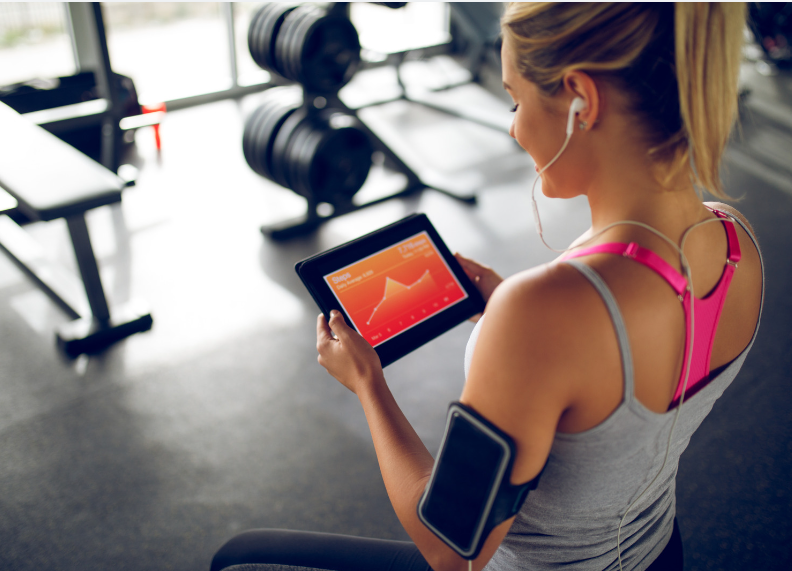
In today’s fast-paced world, staying fit is a priority for many. With the advancement of technology, tracking fitness goals and maintaining progress has become easier

Every fitness enthusiast has experienced it at some point – that frustrating moment when progress stalls, and the results you’ve worked so hard for stop
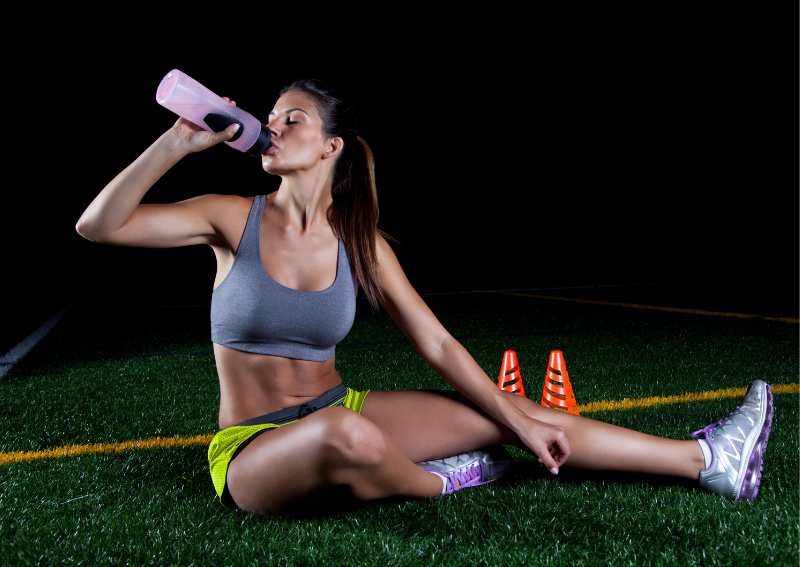
Hydration is one of the most critical yet often overlooked aspects of fitness and overall well-being. Whether you’re an elite athlete or trying to stay

Health and wellness advocate sharing practical tips and insights for a balanced, holistic lifestyle.




Delivery and Installation
Payment Methods
Return and Exchange
Warranty, Repairs and Insurance
Ordering
Status of my order
Report Return on Repair
All orders
My account
Login
Corporate Ordering
Corporate Gift Cards
Christmas Gifts
Corporate Stores
Home Office Store
Gift Shop
Affiliate Program
About Us
Our Product Range
Company Website
News
Gift Vouchers
Privacy Policy
